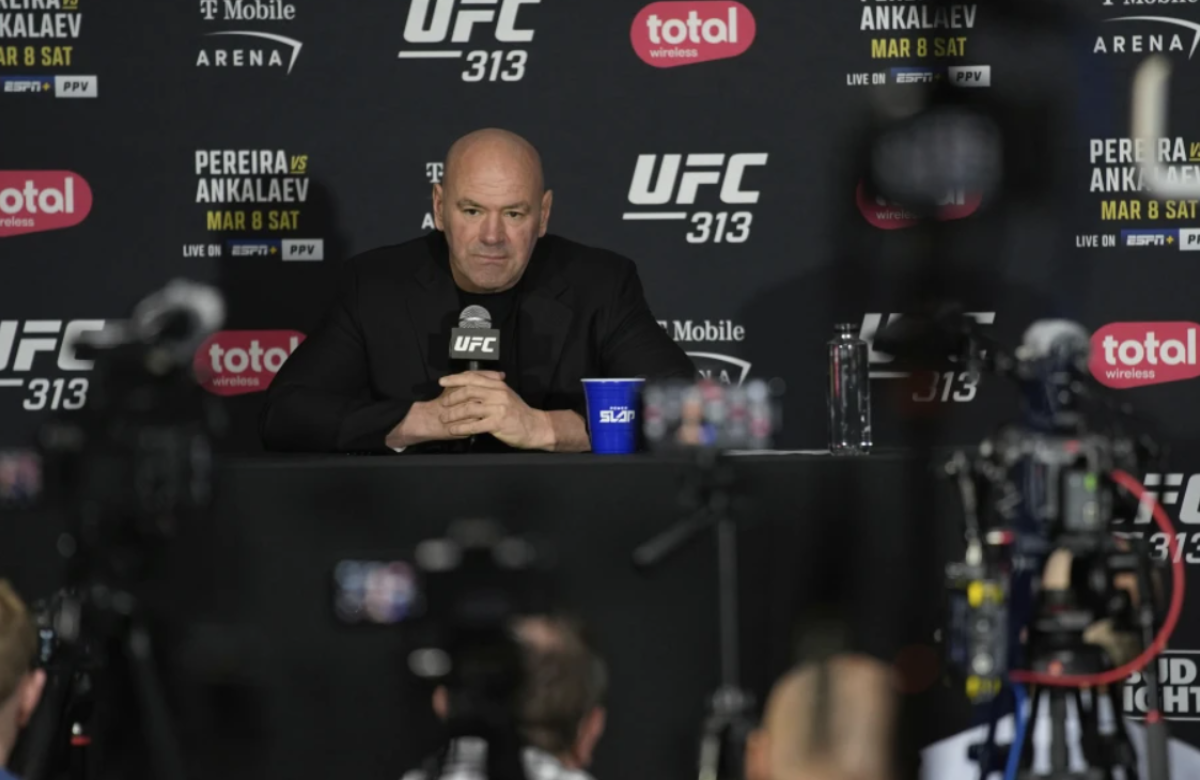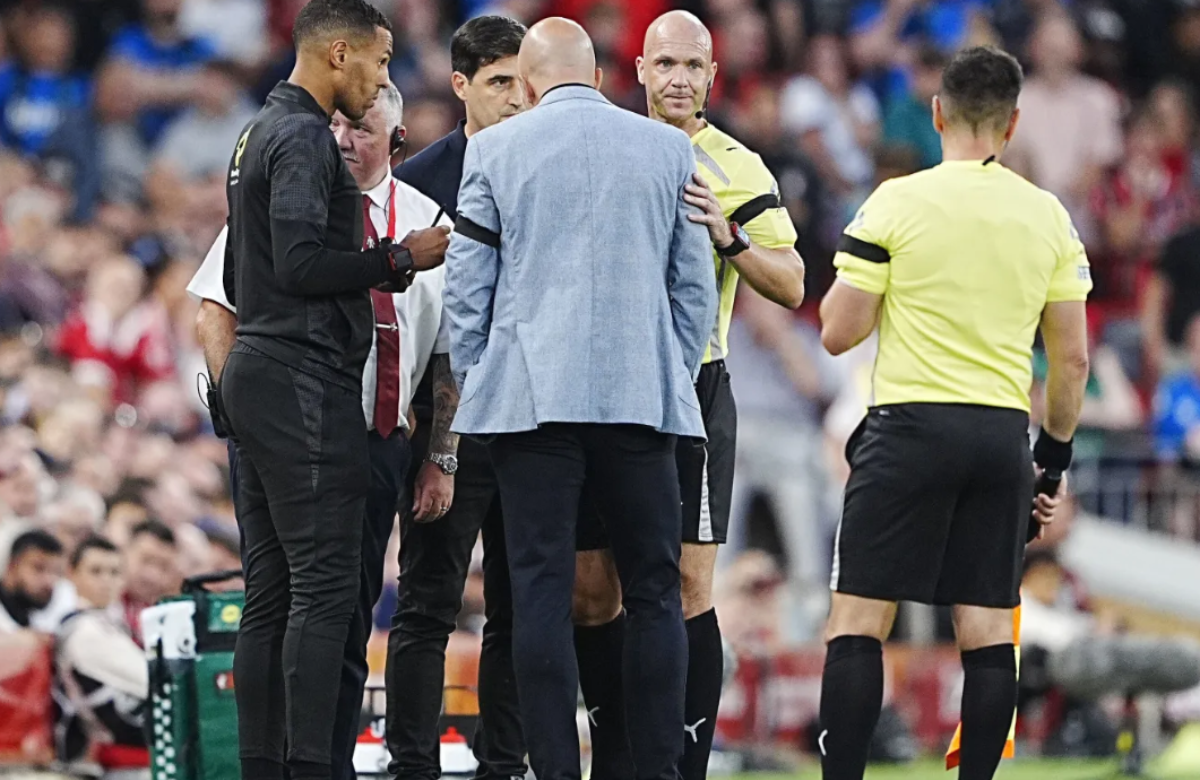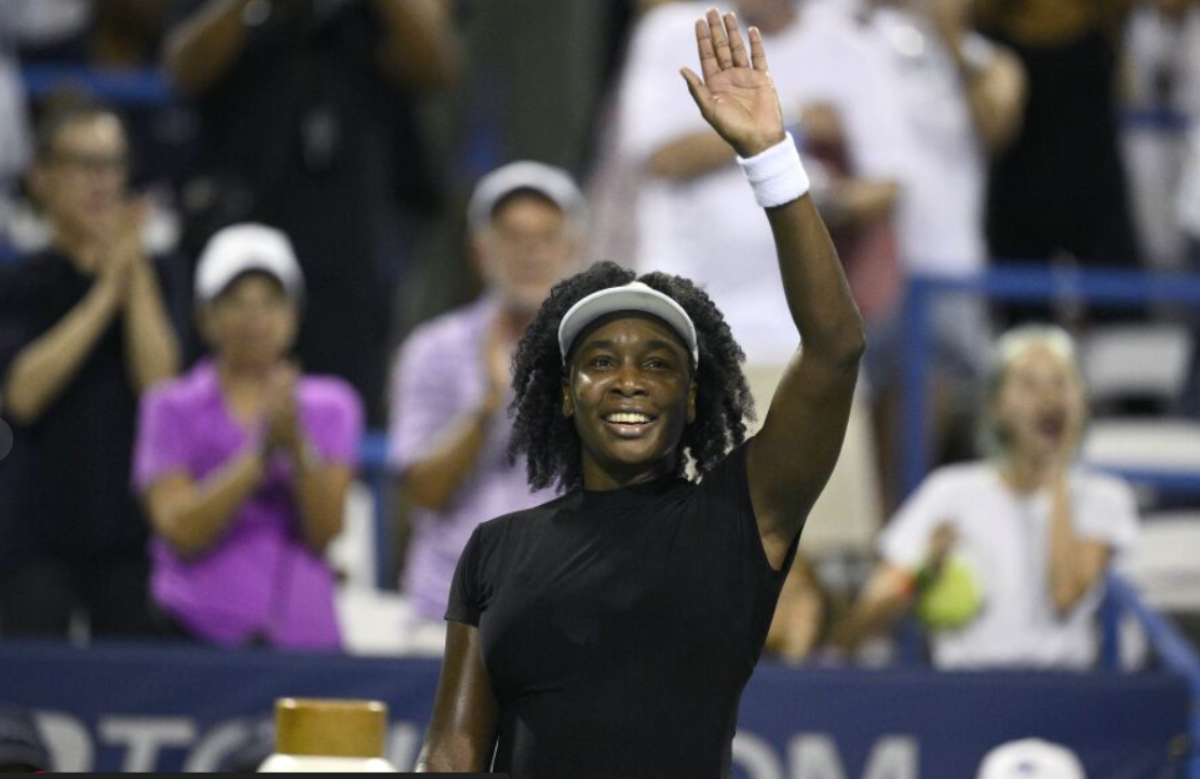Jannik Sinner’s dominance over Alexander Zverev in the 6-3, 7-6 (4), 6-3 victory at the Australian Open final went beyond the scoreline, showcasing just how completely he outplayed and frustrated his opponent. There were several key statistics that highlighted Sinner’s performance: he faced no break points, while he created 10 opportunities on Zverev’s serve. In longer rallies (lasting nine or more shots), Sinner held a 27-13 advantage. His ability to produce more winners (32 vs. 25) and fewer unforced errors (27 vs. 45) stood out, as did his net game—he won 10 of 13 points at the net, while Zverev only managed 14 out of 27.
One more telling moment occurred during the trophy presentation, when Zverev, ranked No. 2, openly admitted to Sinner, “You’re the best player in the world, by far. I was hoping to compete more today, but you’re just too good.” This gesture came from the player who had held the No. 2 ranking, while Sinner has been No. 1 since June and shows no signs of giving it up. The match was also the first Australian Open final featuring the top two ranked men since 2019, when Novak Djokovic, ranked No. 1, defeated No. 2 Rafael Nadal, also in straight sets.
“It’s amazing,” Sinner said, reflecting on his achievements.
Among those accomplishments is becoming the youngest player since Jim Courier in 1992-93 to win back-to-back titles at Melbourne Park. He’s also the first man since Rafael Nadal, who did it in 2005 and 2006 at the French Open, to successfully defend his first Grand Slam title by winning the same tournament again the following year.
Since the start of 2024, Sinner has claimed three out of the five major titles, including the U.S. Open in September. His record during this time stands at an impressive 80-6, with a total of nine tournament victories. He is currently on a 21-match unbeaten streak.
The past year for Sinner has been largely remarkable, though it hasn’t been without controversy. He was involved in a doping case where he tested positive for a small amount of an anabolic steroid twice last March. Sinner attributed the result to accidental exposure through two of his team members, who have since been dismissed. He was cleared of the charges in August, but the World Anti-Doping Agency (WADA) appealed the decision. A hearing for the WADA appeal is set to take place in April.
Sinner’s win made him the eighth player in the Open era (since 1968) to start his career with a 3-0 record in Grand Slam finals. On the other hand, Zverev’s loss added to his own record of being 0-3 in major finals, having previously lost at the 2020 U.S. Open and the 2024 French Open. Those earlier defeats came in five-set battles, but this match was far less competitive.
“We’re trying to do all the right work,” Zverev said after the match. “I’m just not good enough.”
As Zverev began his speech during the trophy ceremony, a voice from the crowd interrupted, referencing allegations of physical abuse made by two of his former girlfriends.
The match only seemed to have a brief moment of tension when Zverev was two points away from taking the second set, leading 5-4 and having a love-30 advantage on Sinner’s serve. However, Zverev never got a break point, let alone a set point. Sinner quickly won the next four points to tie the set at 5-all, and then took the tiebreaker. It wasn’t a surprise; Sinner had been perfect in tiebreakers for the past two weeks, winning all four he’d played, and 16 of the last 18.
A year ago, Sinner faced more difficulty in securing his first Grand Slam, needing to defeat Novak Djokovic (who retired in his semifinal against Zverev due to a torn hamstring) and coming back from a two-set deficit in the final against Daniil Medvedev. This time, Sinner’s all-around game, which is fast, powerful, and nearly flawless, made his win look much more straightforward. His long reach and deep groundstrokes, combined with quick movement, seemed to leave no openings for Zverev.
The 6-foot-3 (1.91-meter) Italian dominated in nearly every significant area except aces. He broke Zverev’s serve in the first set with a passing shot while returning serves clocked at 138 mph (223 kph). Zverev, visibly frustrated, shook his head and spoke to his father and brother courtside after losing that break. After Sinner served out the first set at love, ending with a 120 mph (194 kph) ace, Zverev’s body language soured further. He slumped to his bench, dropped his racket, and later smashed one on the court and used another to hit a nearby equipment bag in frustration.
It was clear that Sinner was in complete control, and Zverev’s reactions reflected the mounting pressure from his opponent’s relentless performance.















